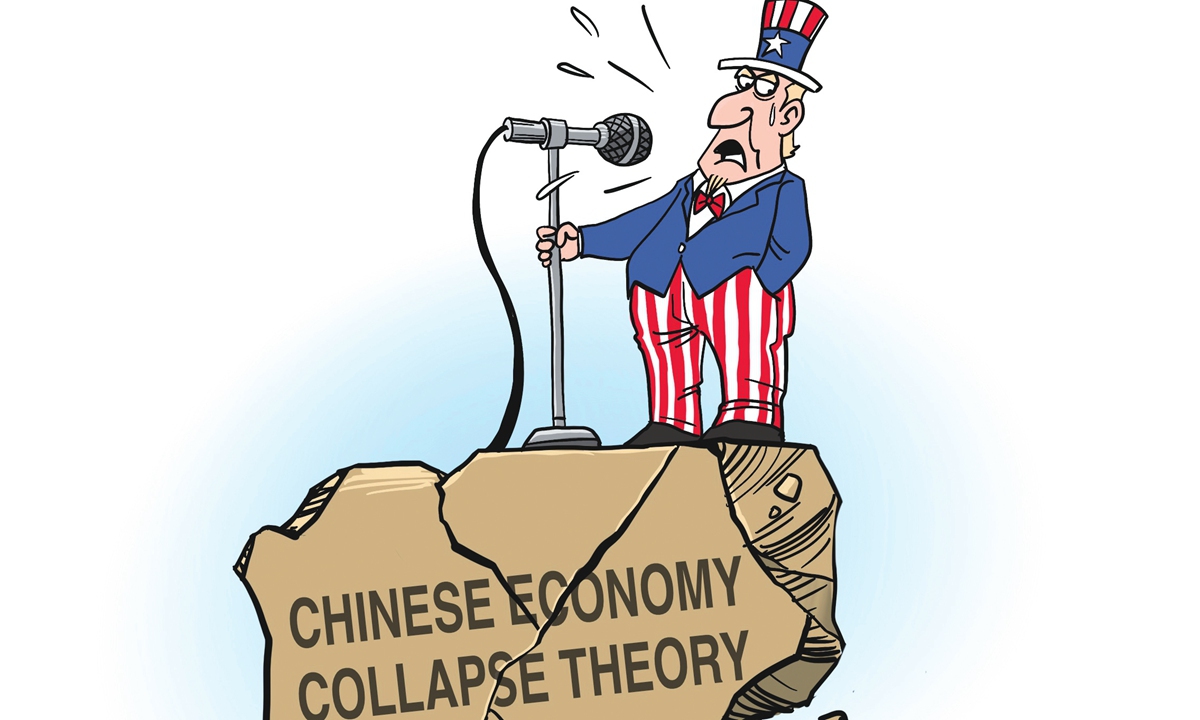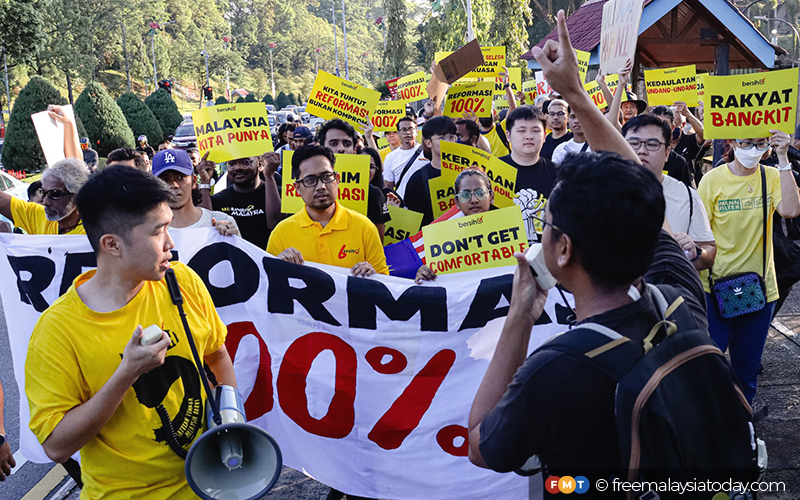‘We do not have a problem with China’: Malaysian Prime Minister Anwar Ibrahim
MELBOURNE: As a “fiercely independent” nation, Malaysia will not be dictated to by anyone over its relations with China or any of its important neighbours, says Datuk Seri Anwar Ibrahim.
“While we remain an important friend to the United States, Europe and here in Australia, that should not preclude us from being friendly to one of our important neighbours, specifically China,” the Prime Minister said.
“We are fiercely independent. We do not want to be dictated to by any force.
“If they have problems with China, they should not impose them upon us. We do not have a problem with China,” Anwar said in a joint press conference with Australian Prime Minister Anthony Albanese during his official visit to the country yesterday.
Asked about how Sinophobia manifested itself and its effect on the region, Anwar replied that Malaysia upholds an “open trading policy to encourage investments from foreign countries.”
“They have levied some criticisms against us for giving additional focus to China. Right now, China seems to be the leading investor in Malaysia.
“Cumulatively, it’s still the United States of America,” he added.
On Feb 27, Anwar had decried “China-phobia” among US and Western allies in an interview with the Financial Times in the United States, questioning why Malaysia would “pick a quarrel” with China, its largest trading partner, in response to US criticism of Malaysia’s ties with Beijing.
“Why must I be tied to one interest? I don’t buy into this strong prejudice against China, this China-phobia.”
Calling China an important neighbour, he said Malaysia would give priority to enhancing relations with Beijing in terms of trade, investment and culture.
Anwar, who is in Australia with his wife Datuk Seri Dr Wan Azizah Wan Ismail and several ministers and leaders, will attend two major programmes – the Malaysia-Australia Annual Leaders’ Meeting and the Asean-Australia Special Summit.
On the Palestinian-Israeli conflict, Anwar lauded the Syrian government for supporting the call for a ceasefire and enhancing media efforts in Gaza.
“The consensus is in calling for a ceasefire and good humanitarian support, and probably avoiding the contentious issues between Palestine and Israel. At least for now, it is to cease fire and provide humanitarian assistance.”
Albanese also reiterated his call to end civilian suffering through a humanitarian ceasefire, the release of hostages, and a two-state political solution for Palestinians and Israelis to live with security and stability.
On the 10th anniversary of flight MH370, which went missing on March 8, 2014, Anwar said Malaysia would not hesitate to renew the search for the aircraft if there was “compelling evidence.”
“We will be glad to reopen (the search) because I don’t think it’s a technical issue. It is an issue affecting the lives of people, and whatever needs to be done must be done,” he said.
Both Anwar and Albanese also agreed that Malaysia and Australia would like to achieve more growth in trade and economic relations, especially in green energy and education.
“There’s a real potential for further institutional investment from Australia into Malaysia as well, with universities and tertiary education being a real prospect.
“Australia remains an important supplier of LNG to Malaysia. We have so much in common in our economies that is quite complementary,” Albanese said.
He also said Australia was focused on this region despite receiving critical commentary about it sometimes.
“We make no apologies for our focus being on South-East Asia in the Indo-Pacific because this is where our future economic prosperity will be determined.
“We’re living in this region, the fastest-growing region of the world. What that presents is an enormous opportunity for both our nations,” he said.
Anwar replied that Malaysia was committed to facilitating all avenues that both countries could explore – including renewable energy, green technology, digitalisation, food security and education opportunities involving top Australian institutions.
Related post:
Promise of change slow in coming
Related articles:
 The Philippines cannot catch 'big fish' of geopolitics in SCS: Global Times editorial
The Philippines cannot catch 'big fish' of geopolitics in SCS: Global Times editorialWe also hope that the Philippines' expression of "hope for a peaceful resolution to the maritime disputes with China" is not just a diplomatic rhetoric shifting the blame onto China





:max_bytes(150000):strip_icc():format(webp)/GettyImages-1349270653-74307c0f482b4e2db3aecf365907ee56.jpg)